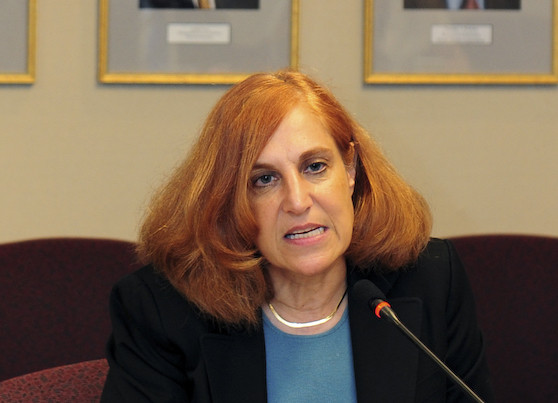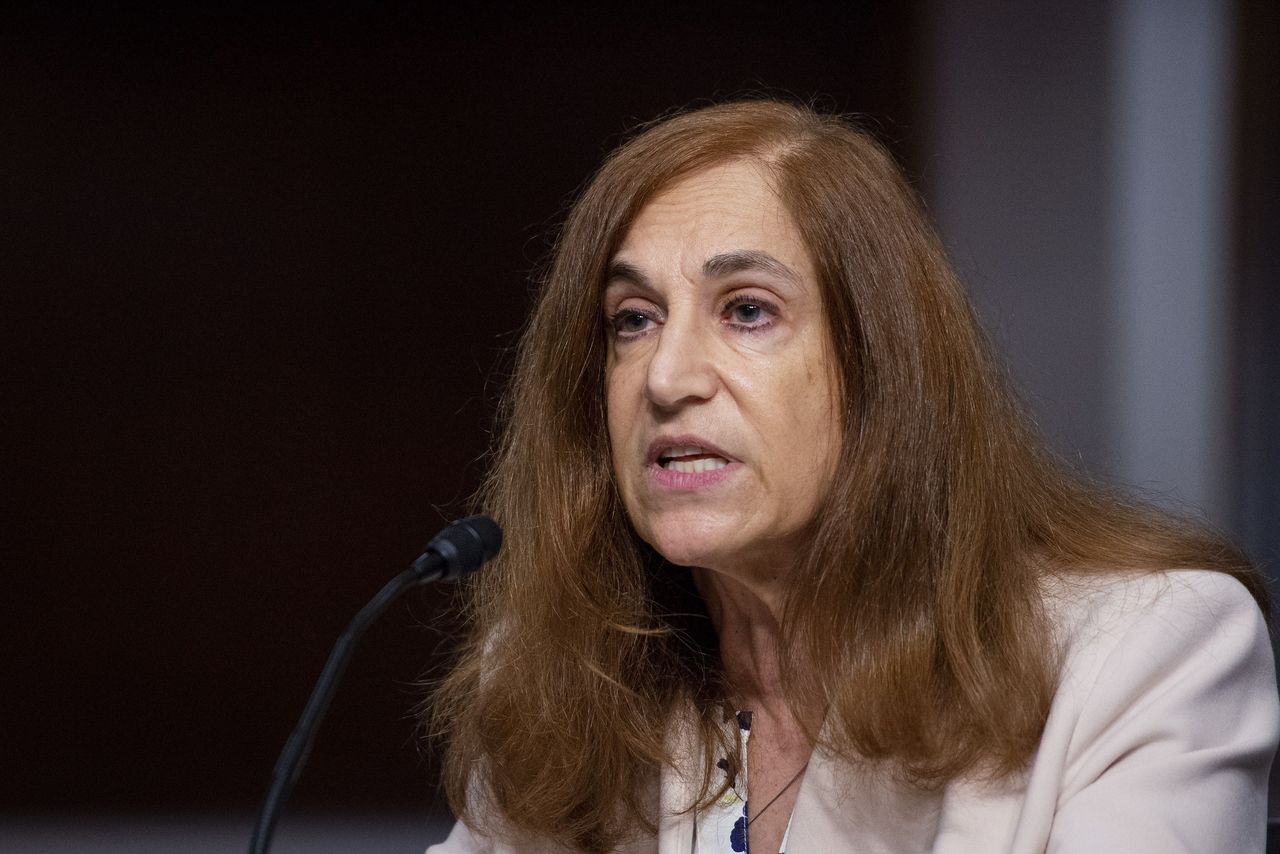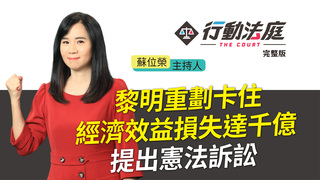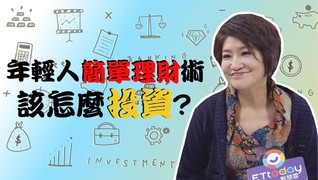
▲葛來儀不滿與侯友宜合照被藍營當作暗示挺侯立場的宣傳。(圖/翻攝葛來儀X)
● 方恩格(Ross Darrell Feingold)/前美國共和黨海外部亞太區主席
「批柯文哲蓄意扭曲不道德 葛來儀:我不是為他背書」、 「獨立已經是現狀」 、「葛來儀不滿照片遭擅用談外交政見 侯友宜致歉」。
這些是最近台灣媒體的頭條新聞,涉及一位美國學者、「德國馬歇爾基金會」亞洲計畫主任葛來儀。為何葛來儀今年屢屢登上台灣新聞頭條?
是因為下個月的選舉,葛來儀會競選總統還是立法委員?當然不是,她沒有資格。那麼她是總統候選人的顧問嗎?不,她也不是,儘管台灣政府有可能對她工作過的智庫提供贊助。
總統候選人是否認為,如果葛來儀對他們說正面的話,他們贏得選舉的可能性就會增加?看起來確實如此,不過台灣的總統候選人如此在意外國學者的觀點,卻是非常可笑的。
在最近的事件中,宣傳國民黨候選人侯友宜外交政策的資料中,用了一張今年稍早他訪問華府時,與葛來儀見面的照片。葛來儀隨後在X(以前稱推特)發布了一條訊息,其中標記了中國國民黨和侯友宜,並寫道:「請不要使用我的照片或我的言論來暗示我支持侯市長,我沒有。」
侯友宜隨後在X上公開道歉,承認競選團隊錯誤使用了葛來儀的照片。另一方面,國民黨立委李德維也委婉描述這一事件,他說全台灣2300萬人當中,認識葛來儀的大概只有1、2萬人。
筆者常說,國民黨若想在台灣走回重新執政的道路,這條路絕對不會是要靠出國鍍金來完成。然而,侯競選團隊決定在侯的外交政策演講中使用葛來儀照片的人,並沒有採納這個建議,他們似乎認為使用葛來儀與侯的照片會給選民留下深刻印象。
侯友宜使用葛來儀的照片,讓我想起蔣孝嚴在立法委員選舉時,在競選廣告中使用了他與美國前國務卿鮑威爾的合照。蔣孝嚴當選了立委,但他獲勝的原因絕不是因為與鮑威爾的合照。
距離投票日還剩不到1個月的時間,葛來儀事件正好提醒我們,這次選舉我們是為何而投票。
首先,外國學者、記者和政界人士多次稱台灣是「充滿活力的民主國家」。筆者更願意說台灣是一個「成熟的民主國家」。沒有什麼比即將卸任的總統向即將上任的總統和平轉移政權更能證明這一點,無論獲勝的候選人是哪個政黨。
其次,台灣政客和媒體應該停止膜拜外國智庫學者。這些學者對台灣的了解往往比想像的要少,而他們所了解的那「很少」的事物,也多半是基於過時的資訊或他們在台灣少數英文媒體上讀到的資料。
第三,也許由於葛來儀照片的爭議,很少有選民會記得侯的外交政策建議是什麼。事實上,侯友宜提出新南向政策不再以東協、印度、澳洲和紐西蘭為重點,而是將政策範圍擴大到整個印太地區,簡單來說就是加上韓國和日本。侯說,他將尋求加入「跨太平洋夥伴全面進步協定」(CPTPP)和美國主導的印太經濟繁榮架構(IPEF)。蔡英文總統曾尋求加入CPTPP和IPEF,但未能成功。
第四,包括台灣在內的大多數民主國家,外交政策通常不是決定選民投票給誰的關鍵。而是,選民會根據個人經濟問題做出決定,包括通貨膨脹、住房成本或撫養孩子的成本。在這次選舉中,即使兩岸政策對某些選民來說很重要,但其他外交政策議題對選民來說並不重要。
最後,總統和立委選舉將由台灣選民決定。這不是由中國、美國等其他政府決定的選舉,更不是由智庫學者、大學教授、記者、社群媒體評論員、專欄作家等外國人決定的。

▲ 外國學者對台灣的了解絕對不會比台灣人多,台灣政客和媒體應該停止膜拜外國智庫學者。(圖/MAC)
►►►思想可以無限大--喜歡這篇文章? 歡迎加入「雲論粉絲團」看更多!
【英文版】
“U.S. scholar says Taiwan presidential hopeful Ko 'twisted' her remarks”. “Independence is already ‘status quo’.” “Glaser Unhappy Her Photo Used to Promote Foreign Policy, Hou Apologizes”.
These are headlines in the Taiwan during 2023 with regard to one foreign scholar, Bonnie Glaser, Managing Director of the Indo-Pacific Program at the German Marshall Fund of the United States.
Why is Glaser repeatedly in Taiwan’s news headlines this year?
Is she running for president or the Legislative Yuan in next month’s election? Of course she is not, she is not eligible.
Is she an adviser to the presidential candidates? No, she is not, though it’s possible that the Taiwan government provides funding to the “think tanks” where she has worked.
Do the presidential candidates seem to think that if she says positive words about them, it increases the likelihood they win the election? It seems so, though it is very ridiculous for Taiwan’s presidential candidates to care so much about the views of a foreign scholar.
In the most recent incident, materials to promote Chinese Nationalist Party candidate Hou Yu-ih’s foreign policy used a photo of Glaser greeting Hou at an event when Hou visited Washington DC earlier this year. Glaser subsequently posted a message to X (formerly known as Twitter) in which she tagged both the Chinese Nationalist Party and Hou, and wrote: “Please do not use my photo or my statements in ways that suggest I have endorsed Mayor Hou. I have not.”
Hou then posted a public apology on X, which is an admission that the Hou campaign team was wrong to use Glaser’s photo.
On the other hand, Chinese Nationalist Party Legislator Lee De-wei also described this incident well when he said out of 23,000,000 people in Taiwan, maybe ten thousand to twenty thousand know who Glaser is.
This author previously wrote in the China Times that the path to the Chinese Nationalist Party’s electoral success does not go through Washington DC. However, the people on Hou’s campaign team who decided to use Glaser’s photo in Hou’s foreign policy presentation didn’t take this advice, and they seem to think using a photo of Glaser with Hou would impress voters.
The use of Glaser’s photo by Hou reminded me of when John Chiang, in a Legislative Yuan election, used in campaign advertisements a photo of himself with former U.S. Secretary of State Colin Powell. Chiang was elected to the Legislative Yuan, though the reason for his victory was not because of a photo with Colin Powell.
With Taiwan voting day less than one month away, these Glaser incidents are a good reminder about this election is, and is not, about.
First, foreign scholars, journalists, and politicians repeatedly say that Taiwan is a “vibrant democracy”. This author prefers to say that Taiwan is a mature democracy. Nothing demonstrates this more than the peaceful transfer of power from the outgoing president to the incoming president, regardless of which political party the winning candidate represents.
Second, Taiwan politicians and media should stop worshiping foreign think tank scholars. These scholars often know less than they think they do about Taiwan, and what little that they do know, is often based on outdated information or what they read in the few English language media in Taiwan.
Third, perhaps due to the controversy over the Glaser photo, few voters will remember what Hou’s foreign policy proposals are. In fact, Hou proposed that instead of the New Southbound Policy focused on ASEAN, India, Australia and New Zealand, he will expand the policy to include the entire Indo-Pacific region (which simply means adding South Korea and Japan). Hou says he will pursue joining the Comprehensive and Progressive Agreement for Trans-Pacific Partnership (CPTPP) and the U.S.-led Indo-Pacific Economic Framework for Prosperity (IPEF). President Tsai Ing-wen sought to join the CPTPP and IPEF, but failed.
Fourth, in most democracies including Taiwan, foreign policy is usually not the issue that will determine who voters vote for. Typically, voters will base their decision on personal economic issues, including inflation, the cost of housing, or the cost of raising children. In this election, even if China policy matters to some voters, other foreign policy issues are not important for voters.
And finally, the presidential and Legislative Yuan elections are to be decided by the voters of Taiwan. It is not an election to be decided by other governments such as China or the United States, and it is certainly not decided by foreigners such as think tank scholars, university professors, journalists, commentators on social media, or a China Times columnist.

▲ Taiwan politicians and media should stop worshiping foreign think tank scholars.(Photo/newscom)
●本文獲授權,轉載自「中時評論網」。以上言論不代表本網立場,歡迎投書《雲論》讓優質好文被更多人看見,請寄editor88@ettoday.net,本網保有文字刪修權。







我們想讓你知道…外國學者對台灣的了解絕對不會比台灣人多,台灣政客和媒體應該停止膜拜外國智庫學者。